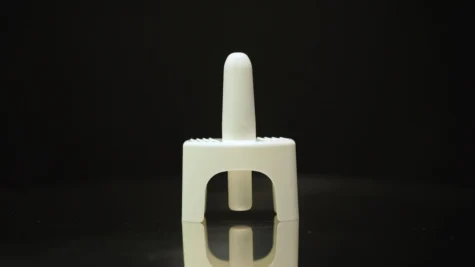Addiction has been described in countless ways, and it can also show up in our life or the life of a loved one in countless ways. Sometimes addiction shows up front and center, out in the open, with visual clues like empty glass bottles, the residue of crushed pills, or sudden, unexplainable absences. Other times, addiction does not leave many clues and is much harder to see; this is considered a hidden addiction. The purpose of this blog is to explore what is a hidden addiction, the impact of a hidden addiction, and what to watch for if you suspect someone in your life has a hidden addiction.
What is a Hidden Addiction?
The National Institute on Drug Abuse defines addiction as a “chronic disease characterized by drug seeking and use that is compulsive, or difficult to control, despite harmful consequences.” The difference between a hidden addiction is that the person experiencing it may go to great lengths to hide their substance use or behavior, usually to avoid judgment or social or professional consequences.
What Are Some Examples of a Hidden Addiction?
Some examples of hidden addiction include excessive alcohol or misuse that might be disguised as “social drinking,” excessive prescription medication use explained as “medically necessary,” or even behavioral addictions like gambling, which is sometimes described as “the hidden addiction” because it does not present the same physical symptoms as many other substance use disorders (SUDs).
What is the Impact of Hidden Addiction?
Hidden addiction can have tremendous consequences on the person experiencing it, as well as their relationships, work, and financial well-being. Addiction in any form is bad for a person’s health, and many of the same symptoms appear over time with a hidden addiction. With hidden addiction, there are often symptoms of guilt and shame resulting from the emotional toll of hiding the addiction. Trust is usually eroded in interpersonal and family relationships due to secrecy. Hidden addiction often results in poor work performance, even if a person manages to keep it a secret for a while.
Recognizing a Hidden Addiction
If you suspect a loved one has a hidden addiction, here are some signs to watch for:
Behavioral
- Secrecy or isolation
- Withdrawing from family or friend activities
- Neglecting responsibilities and declining work or school performance
Physical
- Change in appearance, such as weight changes or neglecting personal grooming
- Unexplained, frequent health issues or fatigue
Psychological
- Mood swings
- Increased irritability or anxiety
Social
- Sudden increased need for money that is unexplained
- Driving under the influence
Talking About a Hidden Addiction with a Loved One
It can feel scary if you suspect a loved one may have a hidden addiction, but here are a few things that might help. Try to create a nonjudgemental space and encourage openness. You may need to try this multiple times in multiple ways, but your loved one might be willing and even relieved to discuss their struggle with you. Encourage the value of professional help, such as therapy, addiction counseling, or other inpatient or outpatient treatment options. Try to destigmatize substance use treatment and use person-first language. (An example of person-first language is describing someone as “a person with a substance use disorder” as opposed to a “substance abuser”).
Southern Sky Recovery and Addiction
Recovery and a life of sobriety are possible with the right treatment programs. Our caring and empathetic staff at Southern Sky Recovery understand addiction and have helped many people through it. We also know that every individual and every story of addiction is unique and that treatment requires a personal, individually tailored approach. No matter where you or your loved one are on your path to recovery, we want you to call us today to discuss how we can help.



